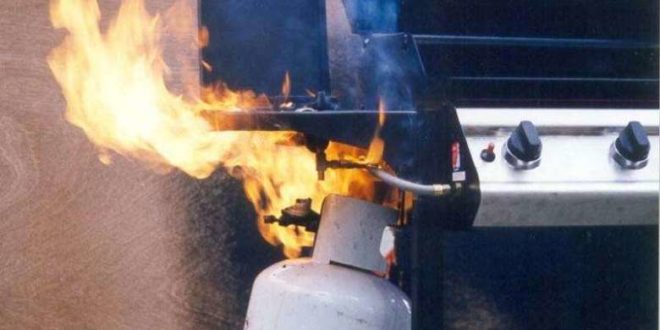Cooking gas, also known as liquefied petroleum gas (LPG), is a vital component in our kitchen, and we heavily rely on it for various cooking needs. However, with the rising costs of living and the need to adopt more sustainable practices, it is essential to find ways to make our cooking gas last longer. By implementing a few simple tips and tricks, we can conserve our cooking gas and save money in the process.
One of the most effective ways to make your cooking gas last longer is by using the right-sized burners for your cookware. Using a burner that is too large for your pots and pans leads to wastage of gas as a significant portion of the flame escapes around the sides. Conversely, using a burner that is too small can result in longer cooking times, leading to increased gas consumption. Therefore, match the burner size to the size of your cookware to ensure efficient gas usage.
Another way to conserve cooking gas is by using lids while cooking. Covering your pots and pans with lids helps retain heat, allowing food to cook faster. When you cook without a lid, heat escapes, and you end up using more gas to maintain the desired temperature. By simply covering your cookware, you can significantly reduce gas consumption and cook your meals more efficiently.
Maintaining and cleaning your gas burners regularly is also crucial for conserving cooking gas. Over time, burners can accumulate dirt, grease, and food debris, which can block the flow of gas and disrupt the flame pattern. This can result in uneven cooking and increased gas consumption. By keeping your burners clean and ensuring proper airflow, you can maximize the efficiency of your gas stove and minimize gas wastage.
Using the right cooking techniques can also help in making your cooking gas last longer. Preheating your oven and stovetop burners for only the required amount of time before adding the food can save a significant amount of gas. Additionally, opting for cooking methods that require less gas, such as simmering or using a pressure cooker, can help conserve energy.
Lastly, being mindful of your cooking habits and avoiding unnecessary gas usage is essential. For example, thawing frozen food in the refrigerator before cooking instead of using the gas stove can save gas. Planning your meals and using one pot to cook multiple dishes can also help reduce gas consumption.
 Home Of Ghana News Ghana News, Entertainment And More
Home Of Ghana News Ghana News, Entertainment And More




